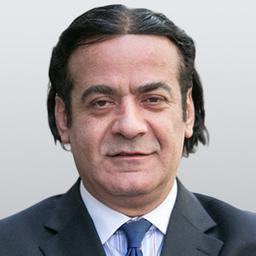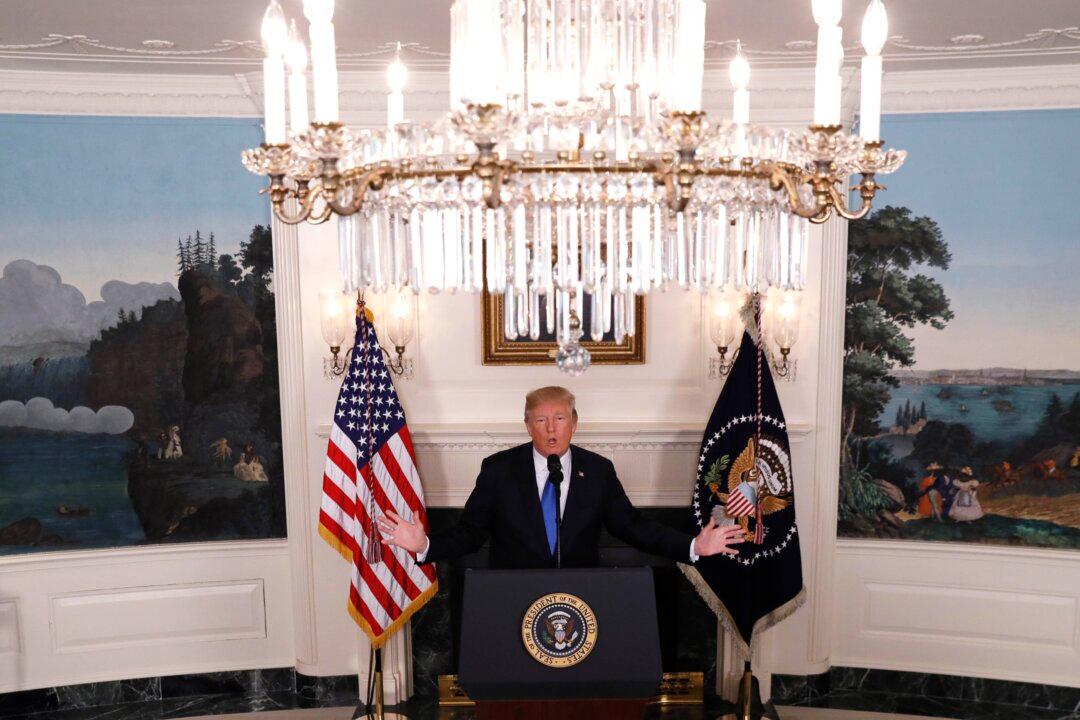Commentary
Secretary of State Mike Pompeo arrived in Beirut on March 22 to press the Trump administration’s demand that the Lebanese government “ensure [its] resources and services ... do not provide support to Hezbollah,” the Iranian-backed Shiite Islamist movement designated a terrorist organization under U.S. law since 1997.


